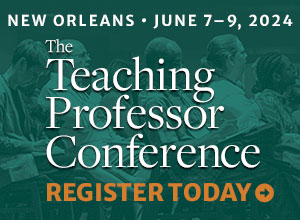
Asynchronous Video: A Powerful Way to Teach, Present, and Communicate with Students
Recent technology and internet presence have become an essential part of education and classroom learning. Interactive multimedia, audio/video tutorials, and asynchronous content have taken center



